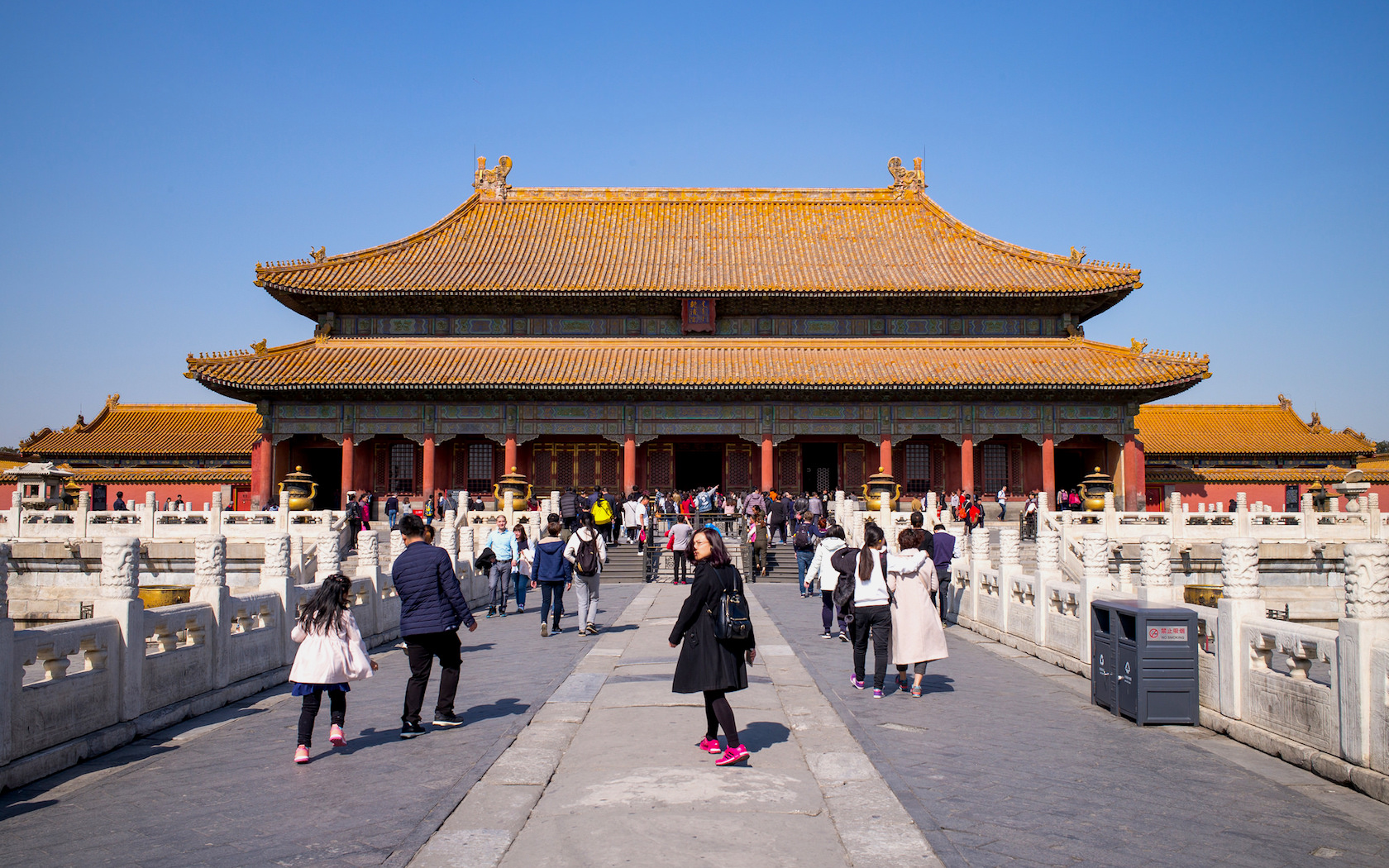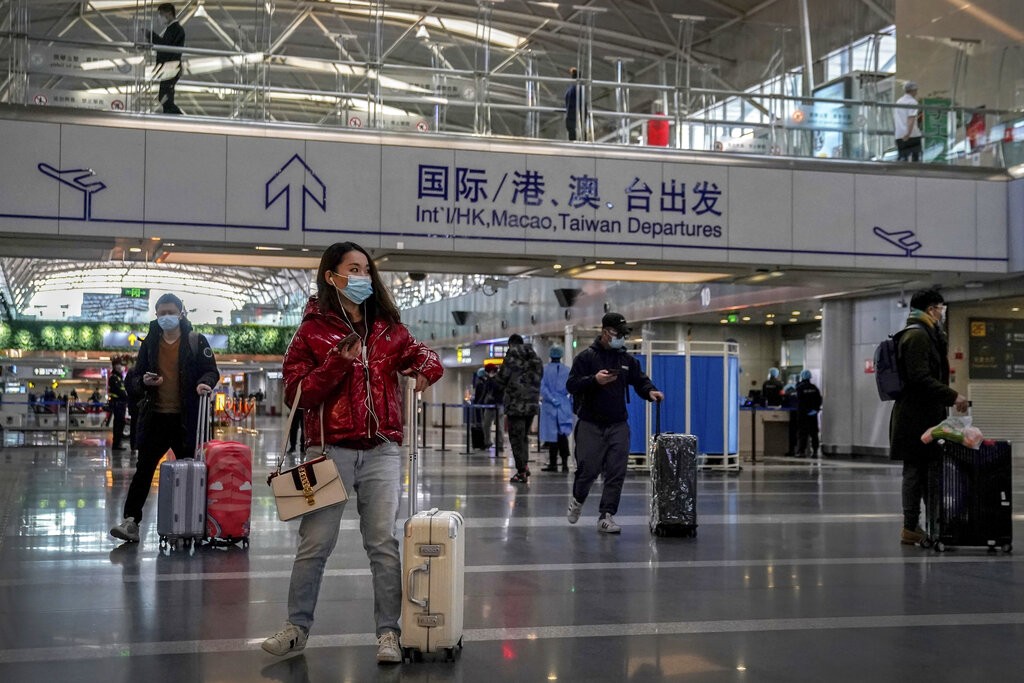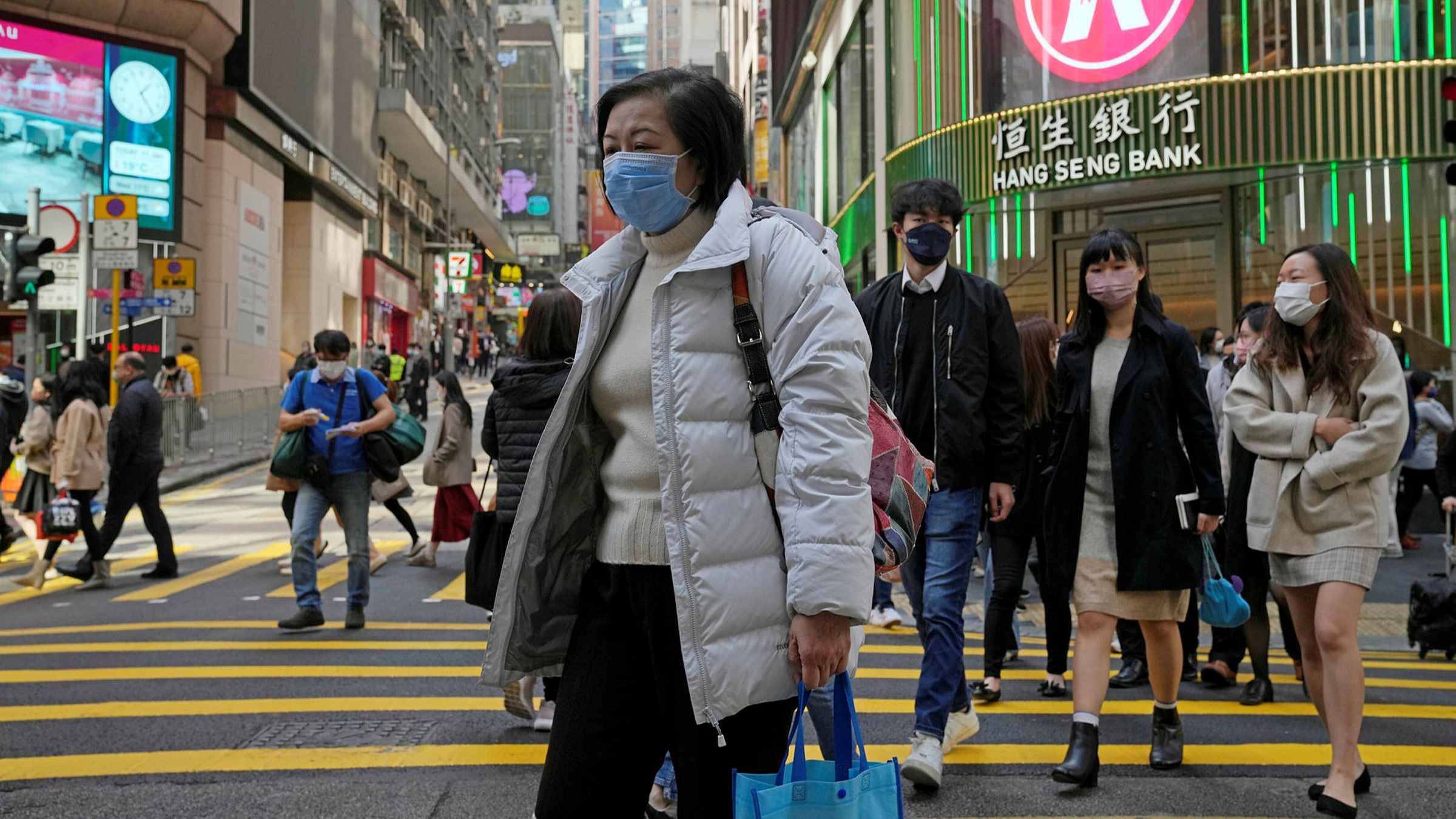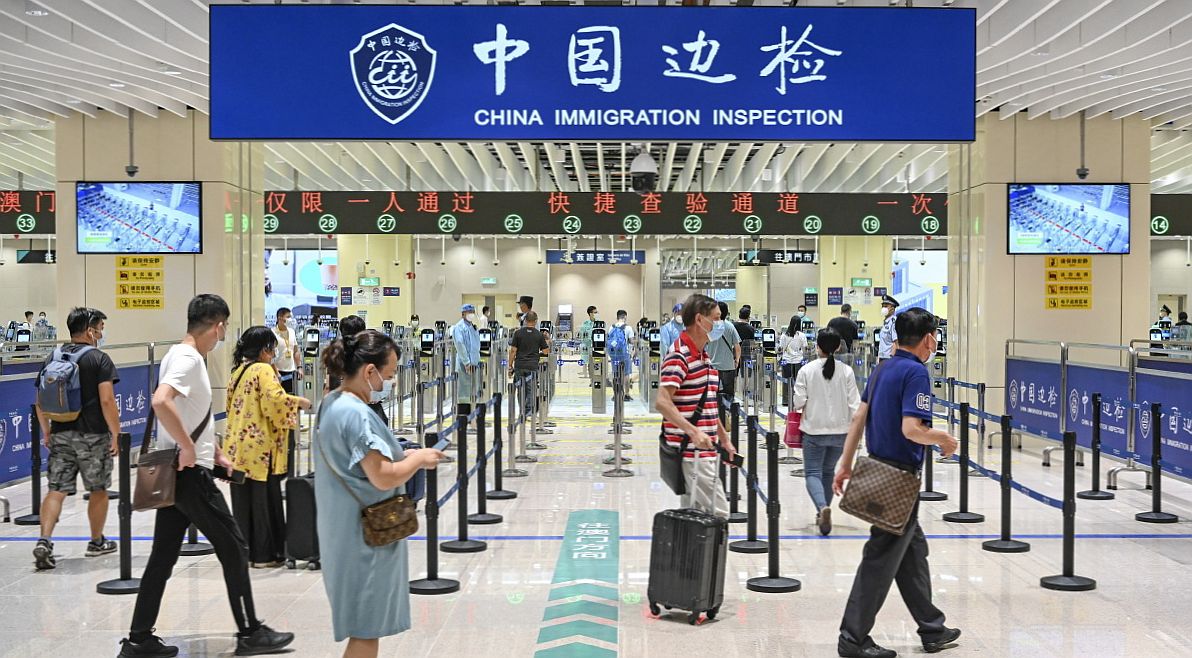As China reopens its borders, here’s all you need to know about the current rules and restrictions. Spoiler alert: The newly open borders don’t go both ways.
China abruptly abandoned its long-held zero-Covid policy in early December, following nationwide protests over the heavy social and economic toll exacted by the failed strategy.
Authorities all but eliminated mass testing, rolled back lockdowns and other restrictions, and allowed Covid-positive patients to quarantine at home. Mobile phone health QR codes still exist within China, but are no longer widely enforced for people entering public spaces or taking public transportation.
An explosion of Covid cases soon swept the country after the restrictions were dropped, with expert analyses estimating tens of millions of new cases in the first three weeks after the cessation of zero-Covid measures. Public health officials have warned of up to 9,000 deaths a day in China by mid-March.

The unconstrained outbreak has overwhelmed hospitals and crematoriums in Chinese cities, triggered shortages of basic medicines, and sparked fears of worse months ahead as experts warn of a spread to less resourced rural areas during the upcoming Lunar New Year, when domestic travel routes are expected to be very busy.
The World Health Organization and some foreign governments have China of “under-representing” the severity of its Covid outbreak and has blasted its absurdly narrow definition of what constitutes a Covid death, as top global health authorities urge Beijing to share more data about the explosive spread.
And now, as of January 8, China has “opened its borders” and dropped its quarantine requirements for foreign arrivals. But what does that really mean?

CAN FOREIGN TOURISTS VISIT CHINA NOW?
In a word, no. Beijing is definitely not rolling out the red carpet just yet, though that hasn’t stopped them from complaining about some countries imposing testing requirements of their own for anyone arriving from China.
Despite China’s grouses about Covid testing requirements by other nations, they are doing the exact same thing. What’s more, their borders still remain effectively closed to leisure tourists; only business and family visits are permitted, and they must undergo testing, so the hypocrisy from China’s officials on this point is fairly incredible.
While borders remain largely closed to foreigners, apart from the aforementioned business or family visits, the government has said that it is looking to ease restrictions in this area, too. However, no timeline has been announced.
According to government notices, as reported by CNN Asia, for now Beijing plans to focus on facilitating visa applications for foreign nationals traveling to China for business, employment, study, family visits, and reunions.
George Cao, CEO of Dragon Trail International, a China-focused marketing and research company, shared with CNN Travel via email that several things need to happen before the country will reopen to leisure tourists following the lifting of quarantine. “The next step is for China to once again start issuing visas for the purpose of tourism. Although this is part of the reopening plan that has been announced, we don’t yet have an official date,” he said.
“It’s also crucial for the international flight schedule to increase, which will make it easier to get to China and also bring down flight prices, which are still well above pre-pandemic levels. This has already started for certain destinations – for example, many flights between China and South Korea, and between China and Singapore have resumed already.” But, he added, it’s not clear yet how quick the process will be for other routes.
For comprehensive details on the rules and restrictions for travel to China (including the special administrative regions of Hong Kong and Macau), visit this site.

WHAT ARE THE NEW RULES FOR VISITORS TO CHINA?
As noted, quarantine is no longer required as of January 8. (Prior to that date inbound travelers were subjected to five days of hotel quarantine and three days of self-isolation at home upon arrival.)
However, those who are permitted to visit China are still required to take a nucleic acid test 48 hours before departure. Travellers with negative results no longer have to apply for a green health code from Chinese embassies and consulates abroad before entering.
That said, they sill need to fill in the results in their customs health declaration forms. If their test comes back positive, they will not be permitted to travel to China until subsequent tests come back negative.
Though foreign leisure tourists can’t visit China yet, reports say that these new changes are particularly welcome for Chinese nationals studying or working abroad, simply because apart from those who could afford the sky-high airfare and costs of lengthy hotel quarantines, they have not been able to go home for nearly three years.

IS HONG KONG FOLLOWING THE SAME RULES AS MAINLAND CHINA?
Unlike mainland China, Hong Kong is now fully open to international visitors and has lifted most of its entry restrictions relative to Covid-19.
On December 28, Hong Kong scrapped its requirement for incoming travellers to do a mandatory PCR Covid-19 test on arrival. Inbound travelers to Hong Kong still have to present negative results from PCR tests conducted within 48 hours of departure, or professionally administered rapid antigen tests within 24 hours before their flights to Hong Kong.
The government has also abandoned its vaccine pass programme, which the public needed to use as proof of vaccination to enter most venues. There’s no longer a cap on public gatherings; however, a mask mandate remains compulsory in all public venues, including outdoors.
Travellers arriving in the city are also still asked to do rapid antigen tests for five days upon arrival. Earlier in December, Hong Kong stopped contact-tracing infected people. and back in September, the city ended their mandatory hotel quarantine for overseas arrivals. Meanwhile, the Chinese government reopened its border with Hong Kong on January 8.

CAN CHINESE LEISURE TOURISTS TRAVEL INTERNATIONALLY NOW?
Prior to the implementation of the new rules, authorities in China had imposed a de facto international travel ban by forbidding citizens from travelling overseas for ‘nonessential’ reasons.
However, as of January 8, international travel for leisure is once again permitted. According to a report from Chinese state media, the National Immigration Administration issued a notice in late December saying it will resume accepting and approving Chinese citizens’ applications for ordinary passports for the purposes of leisure tourism starting from January 8.
Reporting from CNN Asia and South China Morning Post contributed to this article.
"ExpatGo welcomes and encourages comments, input, and divergent opinions. However, we kindly request that you use suitable language in your comments, and refrain from any sort of personal attack, hate speech, or disparaging rhetoric. Comments not in line with this are subject to removal from the site. "



















